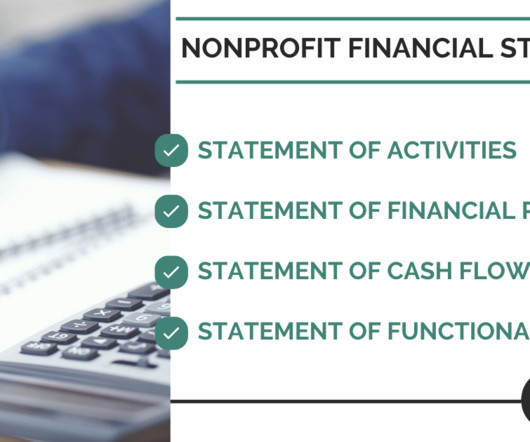From Controller to CFO: What Changes?
CFO Talks
MARCH 20, 2024
Key Differences in Everyday Tasks: Reporting: The Controller prepares financial reports; the CFO reviews these reports and uses them to make decisions or plan strategies. Budgeting: The Controller gathers info and puts the budget together. The post From Controller to CFO: What Changes?













Let's personalize your content